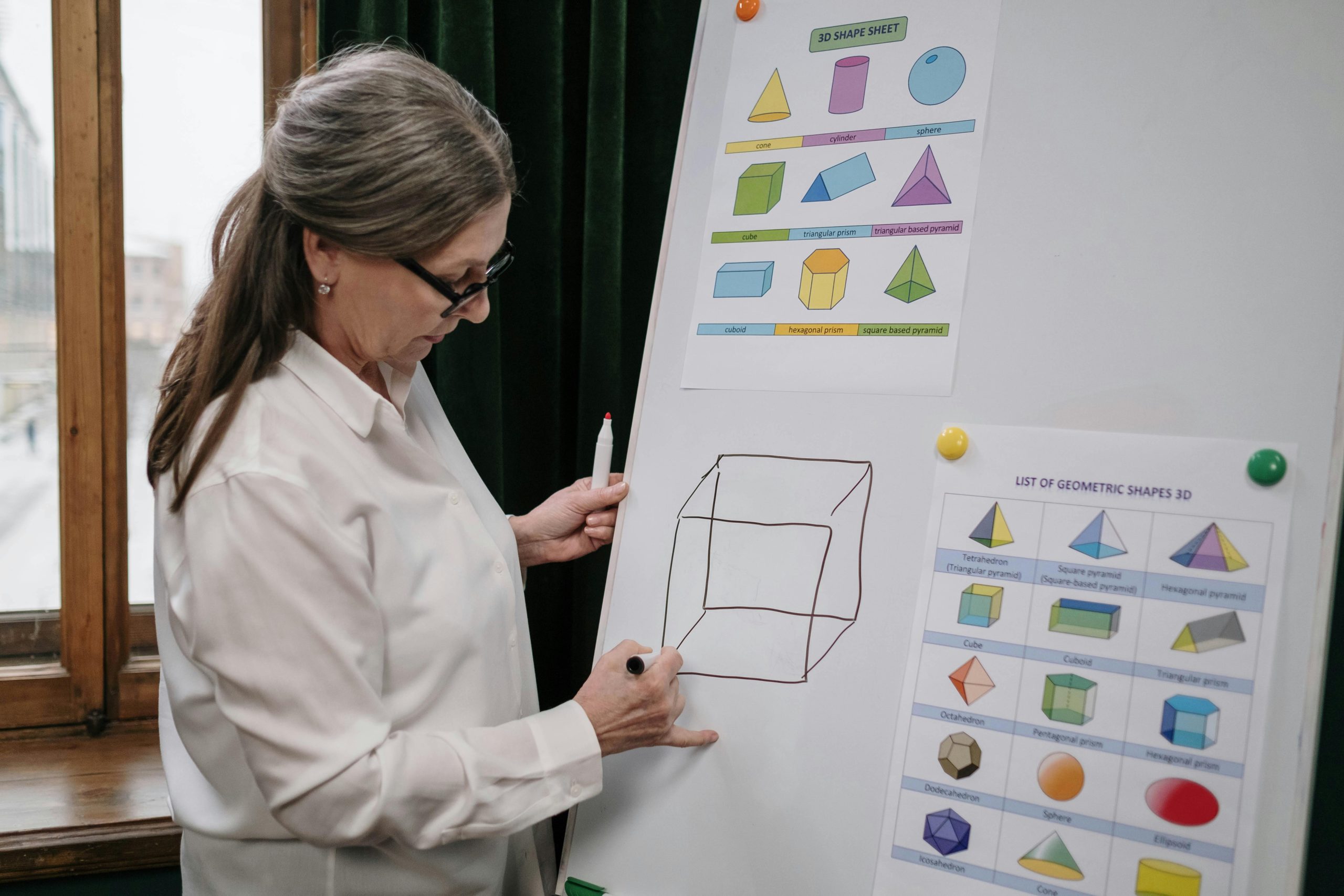Achieving GED Success: Essential Math Skills for a Self-Taught Student
Welcome to our blog! If you’re on a journey to earn your General Educational Development (GED) credential and wondering what math skills you need to master, you’re not alone. Many adult learners and self-taught individuals face similar challenges, especially those who didn’t have a structured education in the past. Today, we’ll explore a practical roadmap to help you identify the core math topics essential for passing the GED, with a focus on self-guided learning strategies.
Understanding Your Starting Point
If, like many, your formal education has gaps—perhaps only covering up to elementary or middle school levels—you can still achieve your goal with targeted effort. Recognizing your current skills, such as basic arithmetic (addition, subtraction, multiplication, division), is a strong foundation to build upon. From here, the key is to gradually expand your knowledge to include more advanced topics.
Core Math Topics Needed for the GED
While the GED assesses a broad range of mathematical skills, here are the primary areas you should focus on:
- Number Operations and Arithmetic
- Addition, subtraction, multiplication, division
-
Working with whole numbers, decimals, and integers
-
Fractions, Decimals, and Percentages
- Converting between fractions and decimals
- Calculating percentages and understanding their real-world applications
-
Simplifying fractions and finding common denominators
-
Ratios and Proportions
- Solving proportion problems
-
Understanding ratios and rates
-
Algebraic Concepts
- Basic algebraic expressions and equations
- Solving for unknowns
-
Understanding variables and coefficients
-
Geometry Fundamentals
- Understanding shapes, angles, area, and volume
-
Recognizing properties of triangles, circles, and polygons
-
Data Analysis and Probability
- Interpreting graphs and charts
- Basic probability concepts
- Calculating averages, medians, and modes
Strategies for Self-Study
Since formal instruction isn’t part of your current setup, here are some tips:
- Utilize Online Resources: Websites like Khan Academy, GED.com, and other educational platforms offer free tutorials and practice tests targeting GED topics.
- Focus on Practical Application: Practice problems regularly to build confidence and comprehension.
- Identify Weak Areas: Spend extra time on topics
